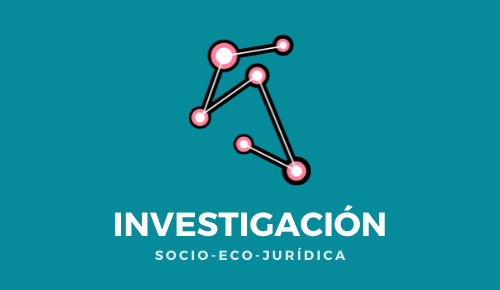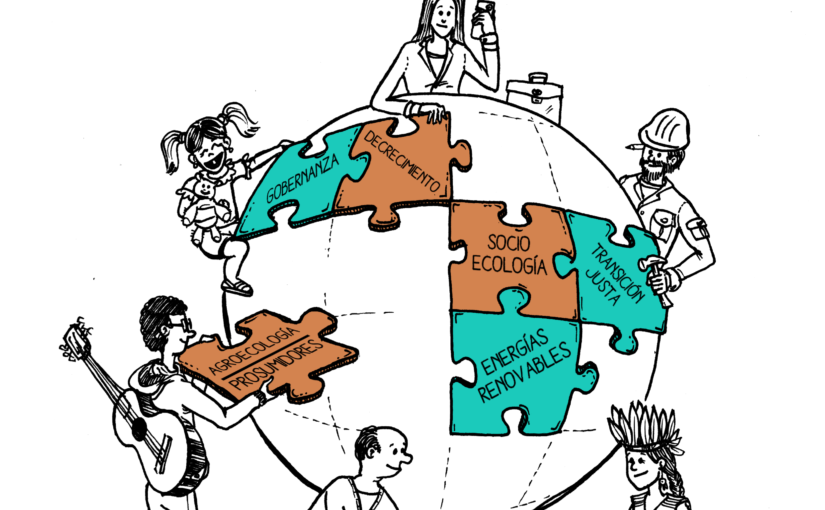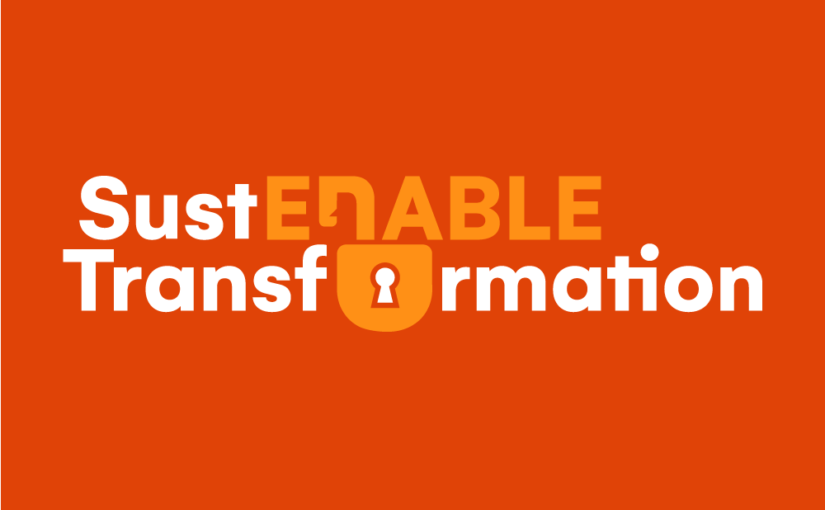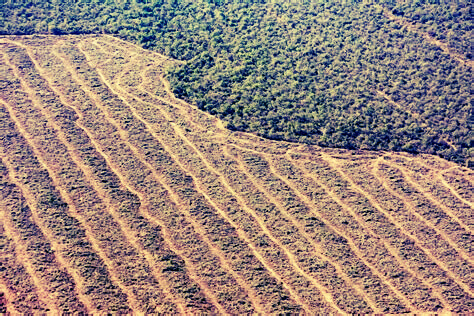This program, developed in academic cooperation with the Catholic University of Santa Fe (UCSF), Argentina, is devoted to the study of legal issues from a (socio-)ecological approach. Law is understood as a human tool aimed at regulating coexistence in the Common Home from an ecological perspective, which seeks to articulate human and non-human dimensions (e.g. social and environmental) understood as interdependent in the planetary ecosystem. The naturalization of the dichotomy between nature and society, which divides the human as a subject of rights from the non-human – relegated to an “external” environment – still often forces us to refer separately to the social and the ecological. In the face of this dichotomy, the concept of integral ecology is proposed as a term to recover the relations of interaction between all beings -human and non-human- that inhabit the global ecosystem, as a Common Home.
Link externo: http://www.ucsf.edu.ar/investigacion-ecojuridica/
Dirección: Ana María Bonet




